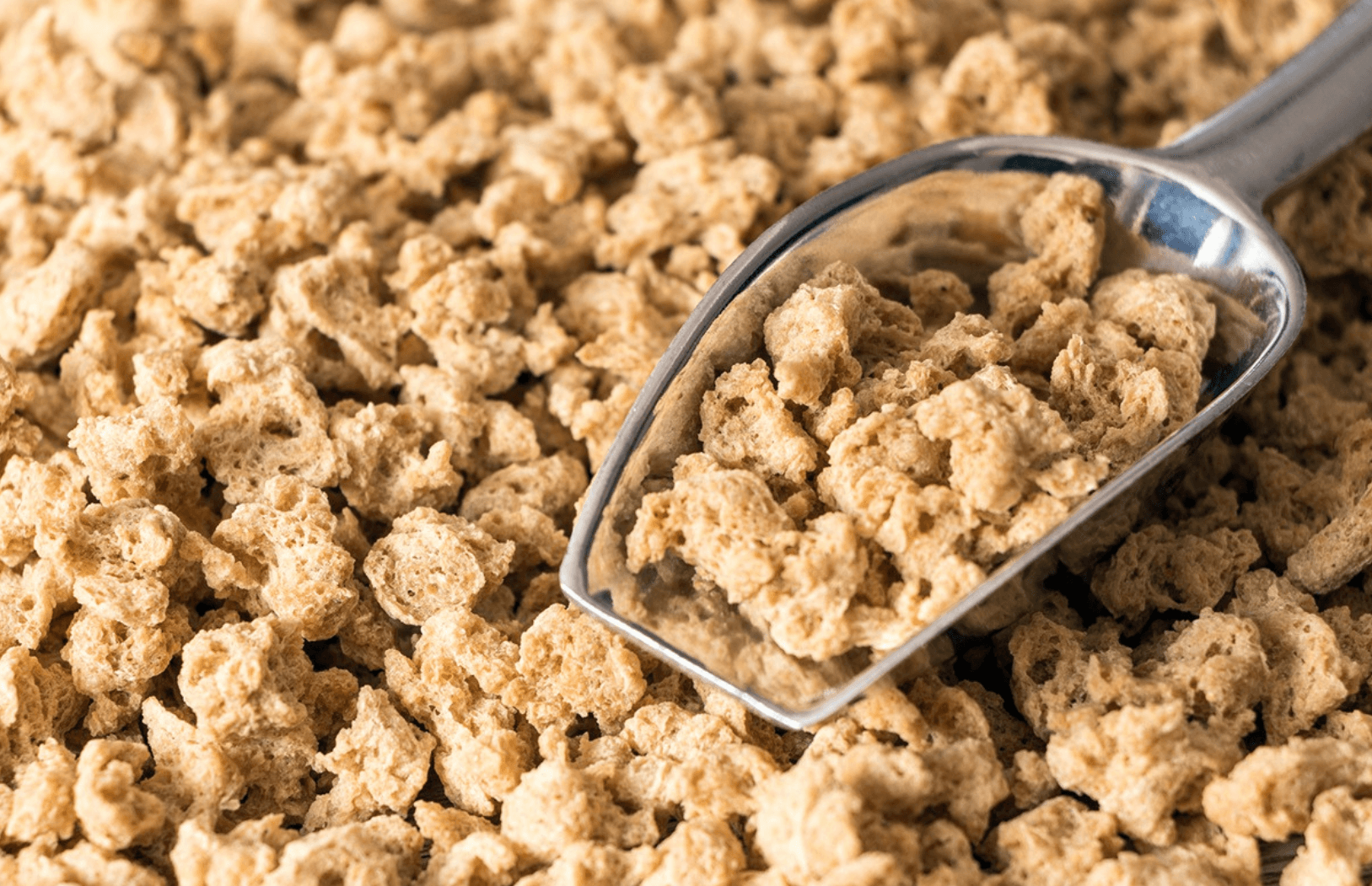A Day of exploring Ayurveda with Young Minds
Last week, our campus bustled with the energy of curious young minds as we welcomed a vibrant group of high school students from Sadhu Vaswani International School, for a one-of-a-kind orientation program in Ayurveda.
This immersive experience was not just a day for Ayurveda understanding but a journey into the heart of India’s cultural and natural heritage, home-health traditions, and ecological consciousness.
A Living Classroom, Our Medicinal Garden
The day began with a guided tour of our lush medicinal garden, where students encountered plants they’d seen but never truly known. We introduced them to 12 common medicinal plants and their uses starting from Arka, Curry leaves, Tulsi, Brahmi, Mandukaparni, Vasa to name a few, each plant with multiple uses in primary health care. Dr Inde TG, who facilitated the program shared insights into the uses of these plants in Ayurvedic practice, sparking awe and curiosity among the young visitors.
Into the Forest, with Nature as Teacher
Next, the students ventured into the surrounding forest, learning the names of various tree species with medicinal uses where each canopy was a living example of healing, biodiversity and ecological balance . Students learned how forests serve as reservoirs of medicinal plants and how traditional knowledge has long revered these natural spaces as sacred pharmacies. The otherwise chattering kids experienced the silent music of wind rustling through the bamboo forest, making its own kind of music as they sat in silence in the benches along the trail.
Healing at Home, Ayurvedic Lifestyle & Remedies
The group then had an interactive session where several students shared lifestyle and home remedies practiced in their homes, understanding its significance in selfcare and health management, also learning daily and seasonal health practices guided by Ayurveda along the way. Discussions on preparations of simple yet efficacious remedies using kitchen ingredients and common medicinal plants like ginger, amla, guduchi etc followed. These remedies, passed down through generations, are not just safe, cost-effective and accessible but also empower individuals to take charge of their primary health care needs.

A Game of Ecology with Snake & Ladder
In a playful twist, students participated in a board game of Snake and Ladder, reimagined to teach the difference between invasive and non-invasive species in India developed by Dr Ganesh Babu, Associate Professor at TDU. With every roll of the dice, they climbed ladders of native flora and slid down snakes representing invasive threats. It was learning through laughter, and the message stuck, conservation begins with awareness.
Experiencing Bidalaka, a refreshing therapy experience
Curiosity turned into experience as students tried Bidalaka, an Ayurvedic eye therapy using herbal pastes applied on to the eyelids. This gentle treatment offered a glimpse into the therapeutic depth of Ayurveda, showing how ancient techniques continue to offer relief and rejuvenation with simple techniques.
The program ended with handouts of home remedies, herbal goodies, seasonal fruit salad and a refreshing herbal drink, each ingredient chosen for its Ayurvedic properties. It was a delicious reminder that food is medicine, and seasonal eating is a cornerstone of holistic health.
The orientation program wasn’t just an event but a part of our mission to revitalise Indian Medical Heritage, orienting young minds about the traditional knowledge and practices which has a huge role in our cultural identity. In a busy world increasingly disconnected from nature and traditional wisdom, we believe it is vital to educate our youth about Ayurveda and India’s rich cultural heritage. By understanding the medicinal plants around us, their uses and home health practices, students gain tools for primary health care, ecological stewardship, and cultural pride becoming true custodians of our heritage. Because when young minds engage with knowledge, they don’t just learn, they awaken ,own and carry the insights with them.
Author – Dr Inde TG
Photo credits – Team IAIM
International Environmental Education Day (January 26)
Jan 23, 2026
On International Environmental Education Day (January 26), we are reminded of a powerful truth: The future of our planet depends on what and how we teach today.
Read more
TDU VC Darshan Shankar pays tribute to Prof. Madhav Gadgil
Jan 9, 2026
Read more
Rethinking Periods: When Did Rest Become Restriction ?
Jan 8, 2026
Menstruation is one of the most natural processes of the female human body, yet it remains one of the most misunderstood. Across cultures-especially in India-it has been surrounded by silence, shame, and countless restrictions.
Read more
When a Baby Cries, the Body Speaks – Learning to Understand Your Child’s Silent Language
Jan 8, 2026
Children are often called a gift from God. When a baby is born, it feels like receiving a blessing
Read more
Plant Imperialists : The destructive case of Lantana camara
Jan 8, 2026
British gardening enthusiasts brought Lantana camara, a shrubby plant with spectacular inflorescence, to Kolkata around the 1800s. Surely, they enjoyed having colourful flowers around them and hoped to feel less homesick while they mass-occupied Indian land
Read more
Are Mock Meats Just a Modern Fad ?
Jan 8, 2026
“Mock meats” or meat analogues are often dismissed as a bizarre trend by many and countless memes have spawned from the internet’s apparent disdain for mock meats and their consumers.
Read more









